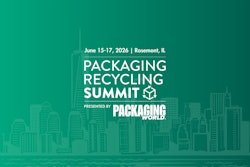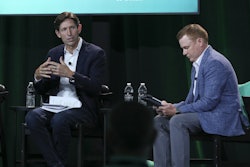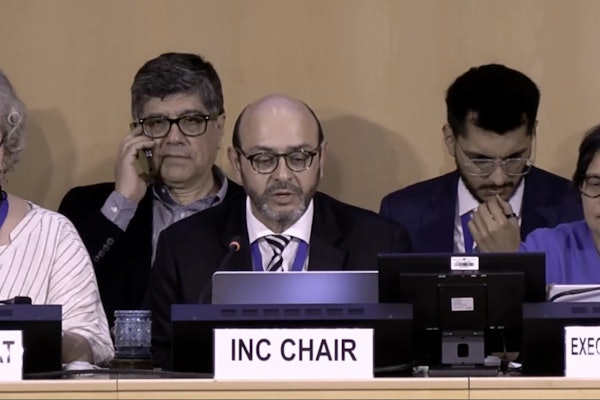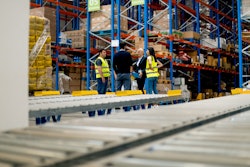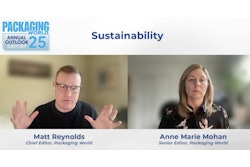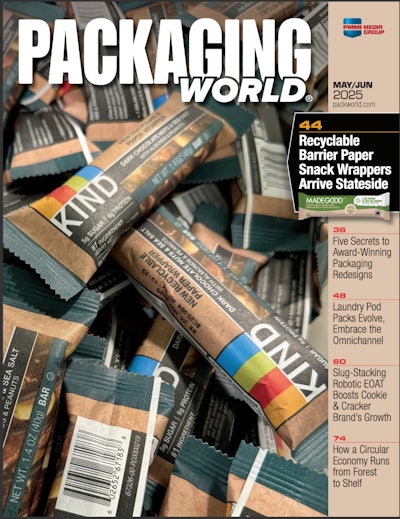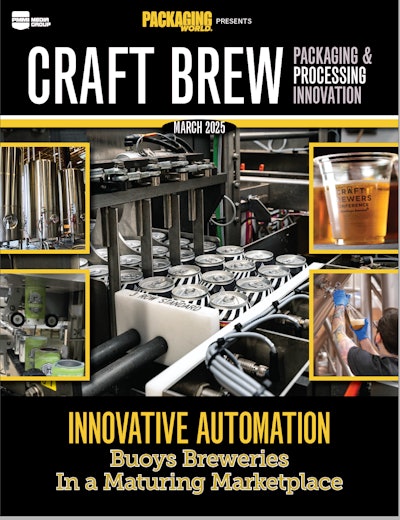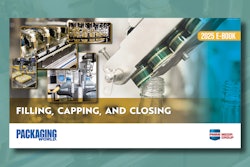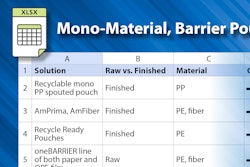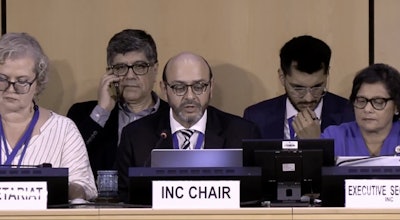
The latest round of global plastics treaty negotiations wrapped up in Geneva, Switzerland, last Friday with no agreement on a draft text. After nearly two weeks of intense discussions, 1400 Member delegates from 183 countries left without a clear path forward, yet most organizations involved in the second part of the fifth session of the Intergovernmental Negotiating Committee (INC-5.2) stressed that progress was made, and momentum must continue.
Delegates spent 11 days at the United Nations office debating how to tackle plastic pollution across its full life cycle, from production to disposal. According to the Associated Press, disagreements centered on whether the treaty should cap plastic production and regulate toxic chemicals used in manufacturing. More than 100 countries supported such measures, while oil-producing nations, including the U.S., Saudi Arabia, and Kuwait, opposed them.
 | Read this related article, “UN Adopts Mandate for Global Plastics Treaty” |
“Consensus is dead,” said Bjorn Beeler, international coordinator for the International Pollutants Elimination Network (IPEN), as the session closed.
Even so, United Nations Environment Programme (UNEP) Executive Director Inger Andersen told delegates that the talks had gone “deeper than ever before into all areas of the instrument.” She added, “While we did not land the treaty text we hoped for, we at UNEP will continue the work against plastic pollution—pollution that is in our groundwater, in our soil, in our rivers, in our oceans and yes, in our bodies.”
INC Chair Ambassador Luis Vayas Valdivieso urged governments not to lose hope. “Failing to reach the goal we set for ourselves may bring sadness, even frustration. Yet it should not lead to discouragement,” he said. “It has not happened yet in Geneva, but I have no doubt that the day will come when the international community will unite its will and join hands to protect our environment and safeguard the health of our people.”
Industry perspectives
For industry groups, the absence of a final text was a disappointment, but not a surprise. The American Chemistry Council (ACC) praised U.S. negotiators for their role in steering talks. “ACC applauds the leadership of U.S. negotiators and their unrelenting efforts to bring governments together around a global agreement on plastic pollution that will help unleash American innovation to solve this global challenge,” said Chris Jahn, ACC president and CEO.
 INC-5.2 saw more than 2,600 participants gather at the Palais des Nations in Geneva, including over 1,400 Member delegates from 183 countries, and close to 1,000 Observers representing over 400 organizations.PMMI Media Group
INC-5.2 saw more than 2,600 participants gather at the Palais des Nations in Geneva, including over 1,400 Member delegates from 183 countries, and close to 1,000 Observers representing over 400 organizations.PMMI Media Group
The Plastics Industry Association (PLASTICS) expressed frustration that efforts focused too heavily on production cuts. “Unfortunately, significant gaps remain, and there was an unwillingness among some participants to focus on addressing plastic waste, instead pushing approaches that made it impossible to reach consensus. This was a missed opportunity,” said PLASTICS President and CEO Matt Seaholm.
The Global Partners for Plastics Circularity struck a more conciliatory note. “Negotiators have already found common ground on critical elements that can form the backbone of an agreement,” said Marco Mensink, council secretary of the International Council of Chemical Associations (ICCA) and director general of Cefic, the forum for the EU chemical industry. “But deep divisions remain, and it is time to overcome them. Governments have been focused on the same core issues since this process began. They must move past entrenched positions and work together in a spirit of compromise.”
Civil society and NGO responses
Civil society groups and NGOs stressed the urgency of turning words into action. The Business Coalition for a Global Plastics Treaty, which represents more than 300 companies, including more than 70 CPGs and retailers, warned that the failure to secure consensus delays investment and clarity. “Disappointingly, consensus among nations has remained elusive, which further delays critical action to tackle plastic pollution and capture the economic benefits that effective harmonized regulation would bring,” the Coalition said.
The Ellen MacArthur Foundation’s Executive Lead, Rob Opsomer, also called the outcome disappointing but pointed to the progress made. “We leave Geneva feeling encouraged by the alignment developed over the last three years of treaty negotiations among a majority of countries, business, and civil society on a comprehensive approach to tackle plastic pollution across the full life cycle,” he said.
The World Wildlife Fund (WWF) echoed the call for stronger ambition, warning that the failure in Geneva should serve as a wake-up call for governments to return to the table with renewed political will.
 | Read this related article, “Strong Opinions Vary on Progress of Global Plastic Policy at INC4” |
Looking ahead
Although INC-5.2 ended without consensus, delegates did agree to reconvene at a future session. The Geneva talks may not have delivered the treaty text negotiators hoped for, but they did reinforce areas of alignment, such as extended producer responsibility, product design, and waste management improvements.
As Andersen urged participants in her closing speech, “Together, we can—and will—beat plastic pollution.” PW



